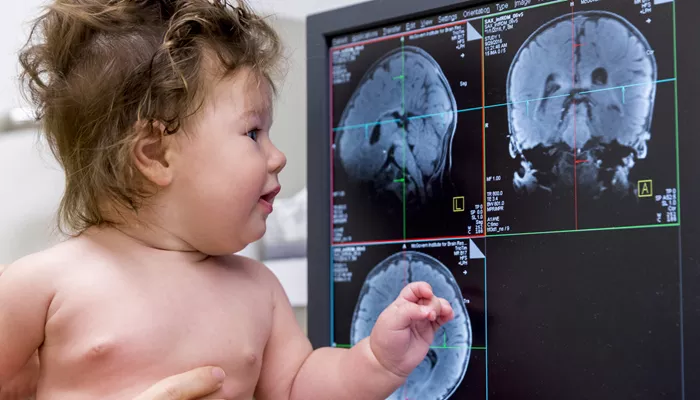A study from Emory University, the University of North Carolina at Chapel Hill, and Columbia University has found that exposure to phthalates during pregnancy can affect a newborn’s metabolism and brain development. Phthalates, chemicals found in everyday products like cosmetics, soaps, and plastic containers, have previously been linked to hormone disruption and health risks.
Published in Nature Communications, this study is the first to show that phthalates in a mother’s blood during pregnancy are associated with lower levels of key neurotransmitter precursors in the newborn’s blood. These precursors are crucial for brain development. Higher phthalate levels also linked to changes in newborns’ attention and excitability, factors related to cognitive function.
The findings suggest that prenatal phthalate exposure can influence a newborn’s metabolism and brain development, potentially leading to long-term effects. Experts emphasize that phthalates can cross the placenta, challenging the belief that the placenta fully protects the baby from harmful substances.
Expert Opinions
Dr. Susan Hoffman, first author of the study, noted, “This research shows that phthalates can pass through the placenta and impact a baby’s biology and development.” Dr. Donghai Liang, lead author, added, “Phthalates disrupt maternal metabolism and affect the newborn’s metabolism and neurodevelopment, continuing to impact them after birth.”
The study highlights the need for greater awareness of the potential risks of phthalates and their widespread presence in everyday products.
Related topics:


